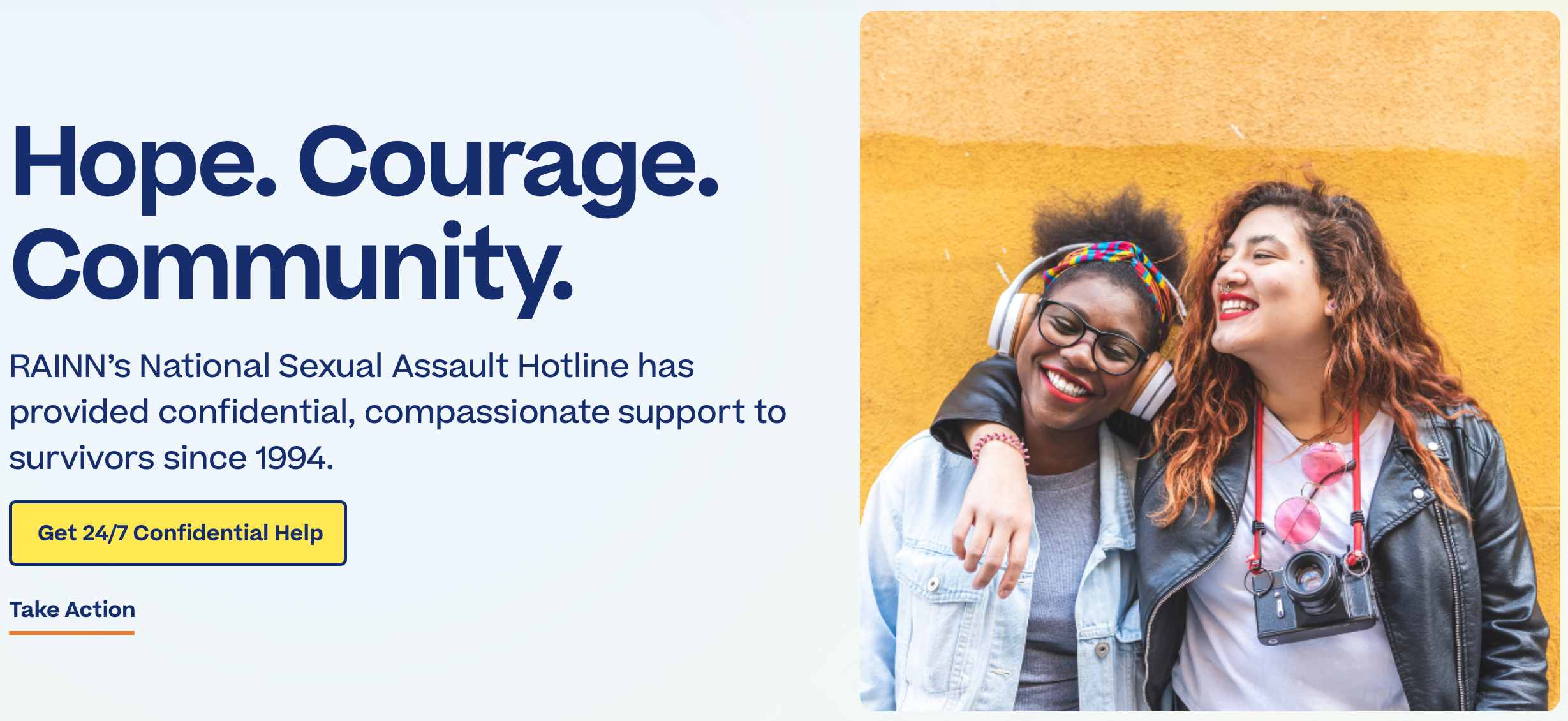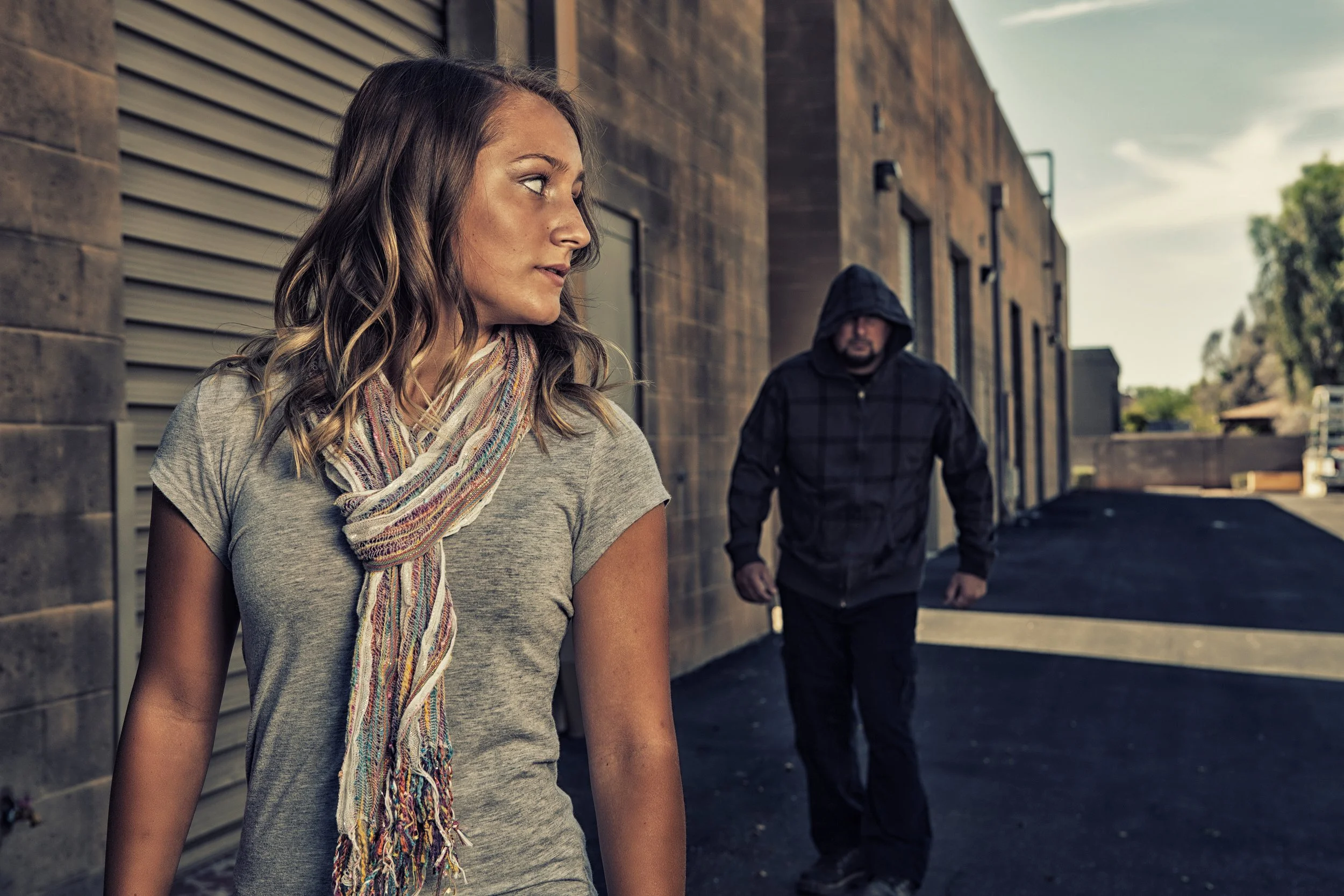Sexual assault shatters lives and remains one of the most devastating and pervasive violations of human dignity. Its effects are both immediate and enduring, spanning physical, psychological, and societal dimensions.
Physical and Emotional Trauma
Survivors commonly face a range of severe physical consequences—painful physical injury, infections, unintended pregnancy, and reproductive issues such as dyspareunia (painful intercourse) and chronic pelvic pain . The emotional toll is staggering: PTSD affects roughly 31% of survivors; anxiety, panic, and hypervigilance are frequent companions along the path to recovery . Tragically, sexual assault survivors are also at elevated risk for suicide—even when accounting for other factors .
Societal Violence: Victim-Blaming and Isolation
After enduring a trauma that no one should ever face, survivors often confront a secondary assault—shame, disbelief, and blame from others. This phenomenon, known as secondary victimization, further damages mental health and dissuades survivors from seeking help . Persistent myths—like questioning why someone didn’t fight back or suggesting they were somehow responsible—fuel a culture of silence and stigma.
Culture of Silence: Rape Culture and Myths
Beyond individual reactions, there exists a broader context of a “rape culture”—a societal environment where violence is minimized, normalized, or blamed on the victim. This culture perpetuates harmful narratives, discourages reporting, and keeps victims in silence . These narratives must be dismantled for meaningful societal change.
A Beacon of Hope: RAINN’s Lifeline for Survivors
For those navigating the aftermath of sexual assault, finding support can be lifesaving. RAINN offers immediate, compassionate, and confidential help—24/7.
Immediate Support You Can Count On
National Sexual Assault Hotline: Free, confidential, available around the clock via call, chat, or text. Whether seeking immediate support or next steps, trained specialists are there to help .
Trusted Reach: Since 1994, RAINN has supported more than 5 million survivors. In fiscal year 2024 alone, it assisted about 412,000 individuals .
Broad Network: RAINN collaborates with over 1,000 local service providers nationwide, ensuring survivors are connected to community-based support and long-term resources .
If you or someone you know needs help, visit RAINN or the National Sex Abuse Hotline at (800) 656-4673, or RAINN at (800) 656-HOPE. You are not alone—and help is available now.











